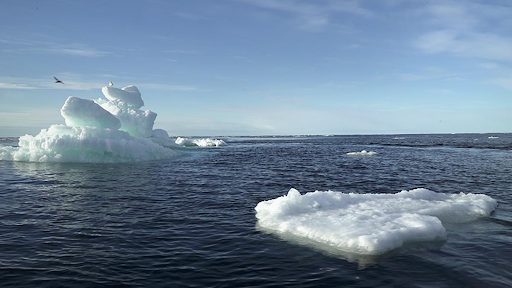Description

Source: European Reserch
Disclaimer: Copyright infringement not intended.
Context: Prime Minister congratulates H.E António Costa on being elected as President of the European Council
Details
Introduction
- The European Council is a collegiate body that defines the overall political direction and priorities of the European Union.The European Council is part of the executive of the European Union (EU), beside the European Commission.
Establishment
- Established as an informal summit in 1975, the European Council was formalised as an institution in 2009 upon the commencement of the Treaty of Lisbon.
Composition
- The European Council consists of the heads of state or government of the member states, alongside its own President and the Commission President (both non-voting).
- The High Representative of the Union for Foreign Affairs and Security Policy also takes part in its meetings.
President
- António Costa, who used to be the prime minister of Portugal, has been chosen to be the next President of the European Council.
- The post was created by the Treaty of Lisbon.
- The President of the European Council is elected by its members through a qualified majority vote for a once-renewable term of two and a half years.
- It is the Heads of State or Government who vote for this office.
- Article 15 of the Treaty on European Union (TEU) identifies his duties.
- The President must report to the European Parliament after each European Council meeting.
Powers and functions
- The European Council is an official institution of the EU.
- Since the institution is composed of national leaders, it gathers the executive power of the member states and has thus a great influence in high-profile policy areas as for example foreign policy.
- It also exercises powers of appointment, such as appointment of its own President, the High Representative of the Union for Foreign Affairs and Security Policy, and the President of the European Central Bank.
- European Council influences police and justice planning, the composition of the commission, matters relating to the organisation of the rotating Council presidency, the suspension of membership rights, and changing the voting systems through the Passerelle Clause.
How it works
- By adopting conclusions at each European Council meeting.
- These conclusions identify specific issues of concern for the EU and outline particular actions to take or goals to attain.
Formal Meetings
- The meetings are chaired by the President of the European Council, who can convene formal, informal and special European Council meetings as necessary.
- EU leaders meet at least four times a year, usually in March, June, October and December.
- These meetings, often referred to as 'EU summits', are held in Brussels, in the Europa building.
Decision-making process
- The European Council usually decides by consensus (i.e. no member opposes the adoption). This is also how the European Council usually adopts conclusions.
- However, in certain specific cases provided for in the EU treaties (such as for the adoption of legal acts), the European Council decides by vote.
EU strategic agenda
- Every five years, the European Council adopts a 'strategic agenda'. It outlines priority areas for longer-term EU action and focus, and how to achieve those objectives.
Eg: Strategic agenda 2019-2024
- At its meeting in Brussels on 20 June 2019, the European Council agreed on a strategic agenda for 2019 to 2024. It focuses on four main priorities:
- protecting citizens and freedoms
- developing a strong and vibrant economic base
- building a climate-neutral, green, fair and social Europe
- promoting European interests and values on the global stage
How it is different from Europen comission
- European Council has no legislative power, it is a strategic (and crisis-solving) body that provides the union with general political directions and priorities, and acts as a collective presidency.
- The European Council does not negotiate or adopt laws.
- The European Commission remains the sole initiator of legislation, but the European Council provides a guide to legislative policy.
European Council and Council of Europe
|
European Council
|
Council of Europe
|
|
European council is the body of leaders (heads of state or government) of the 27 EU member states.
|
Council of europe informally known as the Council, is composed of national ministers from each EU country
|
|
ROLE
Defining the EU’s general political direction and priorities
The European Council does not adopt EU legislation
|
ROLE
Negotiating and adopting EU legislation (in most cases with the European Parliament)
|
|
MEMBERS
Heads of state or government of the EU countries, the presidents of the European Council and of the European Commission
|
MEMBERS
Representative of each EU member state at ministerial level, grouped by policy area
|
|
Both the European Council and the Council act as the voice of EU member governments in the Union.
They also share the same buildings.
The Council of Europe is not part of the EU institutional setup. It is an international organisation based in Strasbourg (France) that protects human rights, democracy and the rule of law.
|
Sources:
EUROPEAN UNION
|
PRACTICE QUESTION
Q. Discuss about the role and function of European council aow it is different from Council of Europe?
150 words
|













